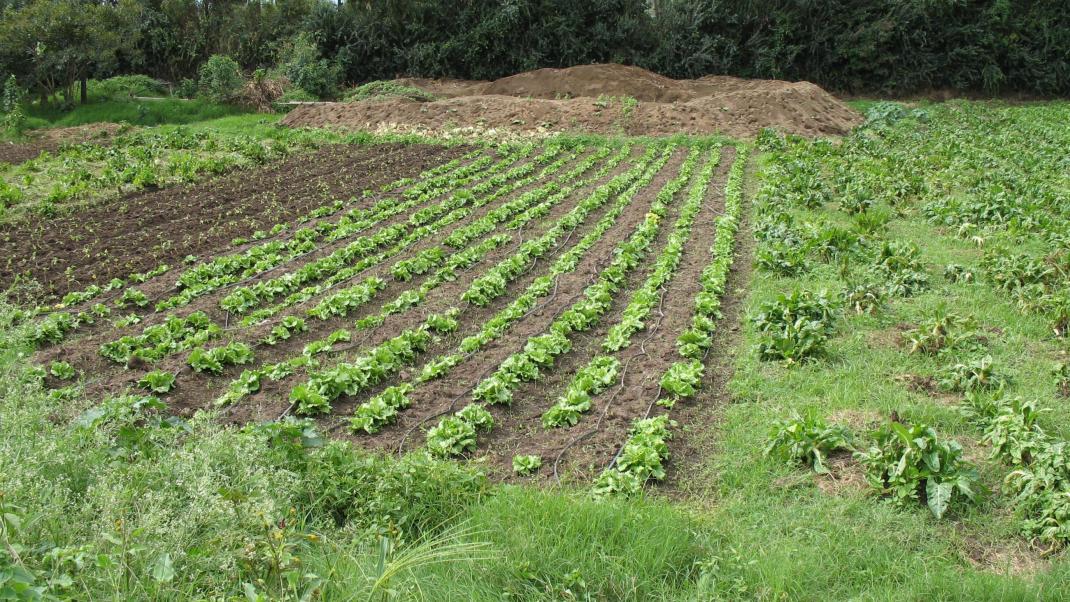Vision, Mission and Goals
Vision, Mission and Goals
Vision
That people, especially in Ethiopia where we are currently focusing our work, will experience a vibrant and thriving environmental and agricultural landscape that will lead to food security and a higher quality of life.
Mission
To impart environmental and agricultural knowledge and skills that will enable Ethiopians and other Africans to protect their environment and practice sustainable agriculture.
Goals
The overall goal is to reduce environmental degradation and increase Ethiopia’s capacity to produce more and better food, thus stabilizing livelihoods, reducing poverty, and improving people’s nutrition and health. One of our specific goals is to establish a university and training center focused primarily on environmental stewardship and agricultural productivity that will serve the people of Ethiopia and other parts of Africa.
More Information
Ethiopia is the second most populous country in Africa with more than 108 million people, but only the 10th largest in size. The once dense forests are mostly gone and water is increasingly scarce. Food insecurity is an ongoing problem. But, there is hope because Ethiopia has great potential for increasing food production. It has fertile soils and abundant rain in many areas of the country
There is a saying, “Give a man a fish and he will eat for a day. Teach a man to fish he will have food for a lifetime.” But that is only true to an extent. If you only teach technology, this can easily lead to overfishing and the problem of food insecurity remains. It is imperative that technology is properly combined with practices that are sustainable in the long-term.
The establishment of a university and a demonstration farm will, hopefully, result in more young Ethiopians considering agriculture and agribusiness as a career. Ethiopia offers excellent opportunities for its agricultural community, but because of lack of investment in technology and application of sustainable practices, that potential is yet to be realized. For example, the lack of irrigation systems for individual farmers keeps the land barren during the dry season. This results in soil degradation and the unfulfilled potential of additional income because ideally, there could be a second or third growing season.
WHERE WE HAVE BEEN
1. Both a North American and an Ethiopian Board have been established.
2. Land (32 acres) has been obtained near the city of Woliso. This is a prime location for BEAUTC.
3. An office has been set up in Addis Ababa, the capital city of Ethiopia. It is located directly across the street from the American embassy and provides access to agencies and people.
WHERE WE ARE NOW
We currently have active projects to:
1. Build a fence/guardhouse on our 32-acre site
2. Create site and business plans
3. Develop office space and a guest house in Woliso
4. Conduct agricultural and environmental themed workshops
5. Develop a demonstration/research farm
WHERE WE PLAN TO GO
1. Drill a water well and develop irrigation technology
2. Create curriculum and develop classroom space
3. Obtain national educational accreditation
4. Host regional (i.e. African countries) workshops
5. Recruit agribusinesses to the Woliso area

